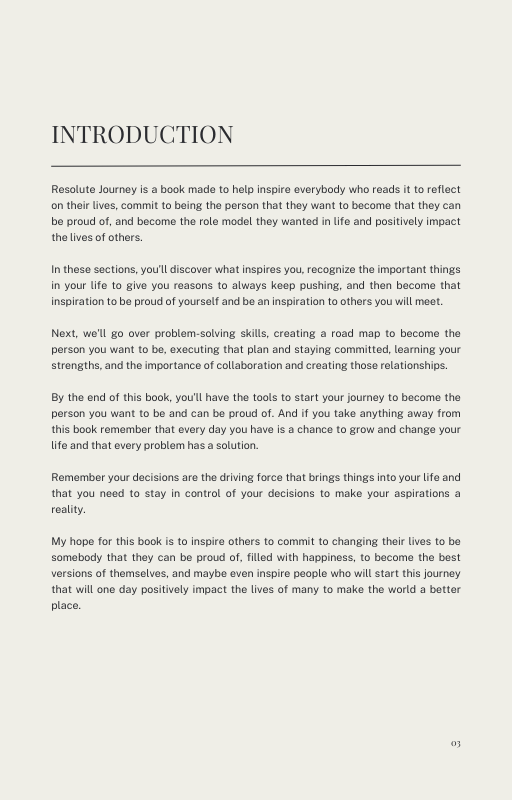In the commotion of modern life, where constant distractions compete for our attention, maintaining focus can often feel like an elusive goal. However, what if we told you that honing your ability to concentrate could be the key to reducing stress and enhancing your overall health and well-being? In this blog post, we'll delve into the profound connection between focus and health, shedding light on the benefits of a clear and attentive mind.
The Modern Dilemma: Focus and Health
In our hyper-connected world, the ability to focus has become a rare and valuable skill. We're bombarded with notifications, social media, and an endless stream of information. Our minds are often scattered, jumping from one thought to another, rarely experiencing moments of deep concentration.
This persistent state of distraction takes a toll on our health. Stress, a common companion of our fast-paced lives, has been linked to various health issues, including cardiovascular problems, weakened immune responses, and mental health disorders. That's where the art of focus comes into play, offering a way to counteract the detrimental effects of modern life on our health.
The Benefits of Maintaining Focus
Stress Reduction: One of the most compelling benefits of maintaining focus is stress reduction. When we're fully engaged in a task, our minds are less likely to wander into the realm of anxious thoughts. Focused attention acts as a natural stress reliever, allowing us to immerse ourselves in the present moment.
Enhanced Mental Health: Mental health is deeply intertwined with our ability to focus. A clear and attentive mind is better equipped to manage emotional challenges, anxiety, and depression. With improved focus, we can gain better control over our thought patterns and emotional responses.
Improved Physical Health: The mind-body connection is a powerful force. When we reduce stress and enhance our mental health through focus, our physical well-being benefits as well. Lower stress levels are associated with improved cardiovascular health, a stronger immune system, and better overall health.
Quality of Sleep: Focus has a direct impact on sleep quality. By learning to calm the mind and concentrate on the present, we can overcome racing thoughts that often interfere with restful sleep. This leads to more refreshing and rejuvenating nights.
Incorporating Focus into Daily Life
While understanding the benefits of focus is essential, it's equally important to know how to incorporate it into your daily routine for improved health. Here are some practical tips:
- Mindful Meditation: Regular mindfulness meditation practice enhances your ability to maintain focus. It also reduces stress and promotes mental and physical health. You can start with short daily sessions and gradually extend the duration.
- Limit Distractions: Identify common distractions in your environment and take steps to minimize them. Whether it's silencing your smartphone during work hours, using website blockers to limit time-wasting sites, or creating a dedicated workspace, limiting distractions is vital for maintaining focus.
- Set Priorities: Prioritize your daily tasks and tackle them one by one. Avoid the overwhelm of multitasking, which can erode your focus and elevate stress levels. Make a to-do list and focus on one task at a time.
- Take Breaks: Intermittent short breaks throughout the day can recharge your cognitive resources. The Pomodoro Technique, which involves 25-minute work intervals followed by 5-minute breaks, is an effective way to maintain focus and avoid burnout.
- Stay Physically Active: Regular exercise is not only beneficial for your body but also for your mind. Physical activity has been linked to improved focus and reduced stress. It increases the release of endorphins, which are natural stress reducers.
- Proper Nutrition: A balanced diet rich in brain-boosting nutrients can support focus and reduce stress. Omega-3 fatty acids found in fish, whole grains, and antioxidant-rich foods can contribute to cognitive health.
- Hydration: Dehydration can impair cognitive function and increase stress. Ensure you stay adequately hydrated throughout the day by drinking enough water.
- Stress Management Techniques: In addition to focus, incorporating stress management techniques like deep breathing exercises, progressive muscle relaxation, and time for hobbies or relaxation can further enhance your overall well-being.
Conclusion
In a world teeming with distractions and the ever-present companion of stress, the power of focus shines as a beacon of hope. The connection between focus and health is undeniable. By nurturing your ability to concentrate and immerse yourself in the present moment, you can unlock the door to stress reduction and enhanced well-being. It's time to take control of your focus, calm the chaos of the mind, and experience the profound benefits it brings to your health. Your path to a healthier and happier life begins with a clear and attentive mind. Cultivating focus is not just a productivity hack; it's a transformative journey toward holistic well-being.




